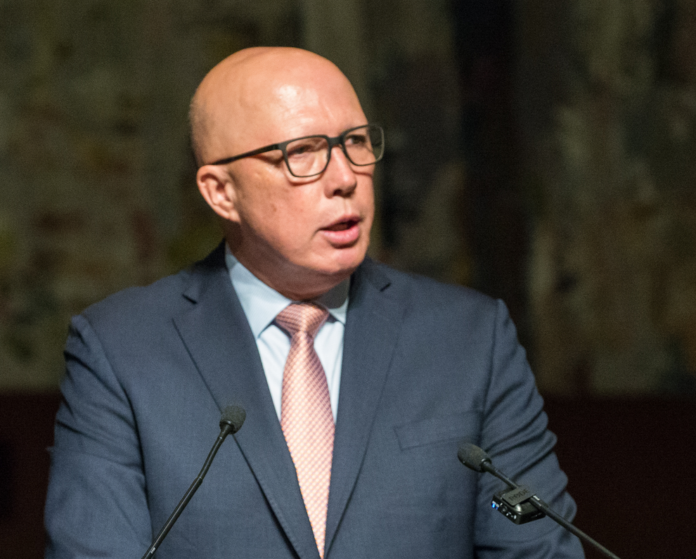Peter Dutton pushes for nuclear expansion, while Queensland’s David Crisafulli firmly opposes the plan ahead of the state election
In a notable split within the Liberal National Party (LNP), Queensland leader David Crisafulli and federal opposition leader Peter Dutton are at odds over the future of nuclear power in Australia. As the state election approaches on October 26, this disagreement has surfaced prominently, underscoring differing perspectives on energy policy.
Dutton, confident in his vision for Australia’s energy future, has pledged to construct seven nuclear power plants if the coalition secures victory in the upcoming federal election. Among the proposed sites are two existing power facilities in Queensland, located in Tarong and Callide. Dutton’s ambitious plan is to bolster Australia’s energy independence and reduce reliance on fossil fuels.
In stark contrast, Crisafulli has made it clear that he opposes any changes to Queensland’s laws that currently prohibit nuclear power. He has reiterated his commitment to uphold these regulations, saying, “Friends can have differences of opinion.” This statement reflects not only the personal rapport he shares with Dutton but also the fundamental ideological divide between them on energy matters.
Embed from Getty ImagesThe two leaders appeared together at a press conference on the fifth day of their campaign trail, yet their conflicting views on energy policy were unmistakable. Crisafulli expressed gratitude for Dutton’s support but emphasised their disagreement, likening their differing opinions to the friendly rivalry between sports teams: “He supports the Broncos, I support the Cowboys; that’s the way any relationship works.”
Dutton, for his part, acknowledged that differing opinions can exist even among allies. He stated, “In the end, we want the same outcome – that is, cheaper electricity for families who are struggling.” This assertion highlights a common goal amid their divergence on how to achieve it.
While Crisafulli stands firm against nuclear energy, Dutton remains undeterred in his approach, having previously stated that “Commonwealth laws override state laws,” signalling his readiness to push forward with his nuclear agenda regardless of state-level opposition. During a June LNP conference, he affirmed that resistance at the state level would not impede the rollout of their new energy system.
As both leaders campaign for their respective objectives, the question remains: what will happen if they both achieve their electoral goals yet remain at loggerheads over this critical issue? Dutton sidestepped the query, focusing instead on the immediate task at hand: “Firstly, let’s get David Crisafulli elected as premier,” he asserted, emphasising the importance of unity within the party.
Polls suggest a potential shift in state government, with the LNP currently leading by 56 to 44 per cent on a two-party preferred basis. The stakes are high for both Crisafulli and Dutton as they navigate this contentious landscape, striving to maintain party cohesion while addressing the pressing energy needs of Queenslanders.
As the election date draws near, the LNP’s internal dynamics will be under scrutiny, particularly how these differences might influence their electoral prospects and future policy decisions. Both leaders are aware that their positions on nuclear energy could shape the narrative surrounding the LNP and its vision for Australia’s energy landscape in the years to come.
In a rapidly evolving political climate, the relationship between these two leaders will be tested as they seek to balance their friendship with the demands of their party and the expectations of voters. With energy policy being a crucial topic for many Australians, how Crisafulli and Dutton resolve their differences could play a significant role in determining the future of nuclear power in Queensland and beyond.
